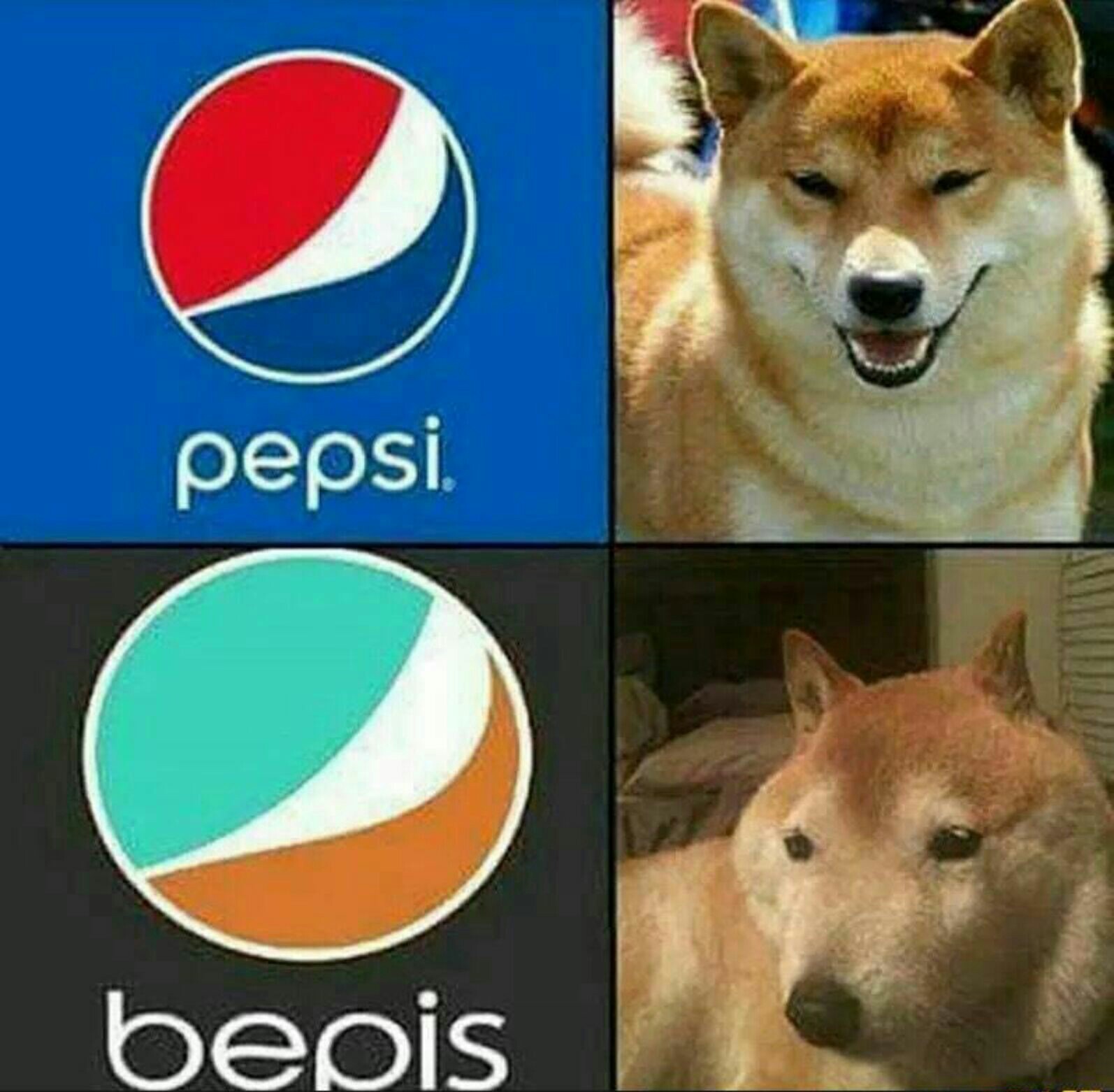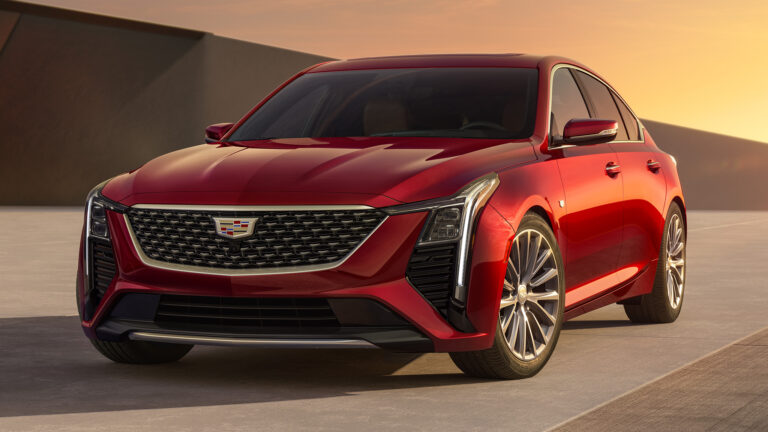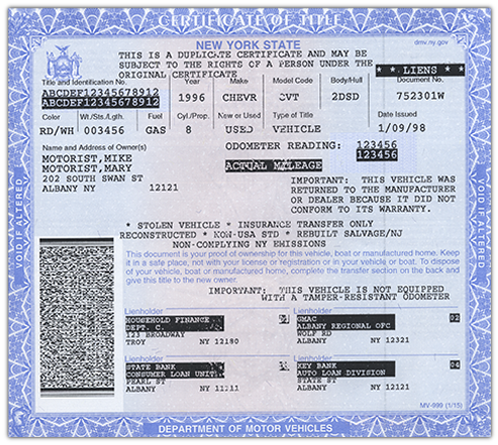Off Brand Car Insurance: Unlocking Hidden Value in the World of Automotive Coverage
Off Brand Car Insurance: Unlocking Hidden Value in the World of Automotive Coverage cars.truckstrend.com
In the vast and often bewildering landscape of car insurance, names like Geico, Progressive, State Farm, and Allstate dominate the airwaves and consumer consciousness. Their omnipresence can lead many drivers to believe these household names are the only viable, or even the best, options for protecting their vehicles. However, a significant portion of the market operates quietly beneath this mainstream radar – what we might call "off-brand car insurance." Far from implying inferiority or generic quality, this term refers to a diverse array of lesser-known, regional, niche, or direct-to-consumer insurers who often offer compelling alternatives to the industry giants.
Understanding off-brand car insurance is about recognizing that value, personalized service, and even specialized coverage options often reside beyond the most heavily advertised providers. For the discerning consumer, exploring these alternatives can lead to substantial savings, more tailored policies, and a potentially more satisfying customer experience. This comprehensive guide will delve into what off-brand car insurance truly entails, why it’s worth considering, how to navigate its unique landscape, and what benefits and challenges you might encounter on your journey to finding the perfect policy.
Off Brand Car Insurance: Unlocking Hidden Value in the World of Automotive Coverage
What Exactly is "Off-Brand" Car Insurance? Dispelling Misconceptions
The term "off-brand" can sometimes carry negative connotations, suggesting a cheaper, less reliable, or generic version of a well-known product. When applied to car insurance, however, this perception is largely inaccurate and misleading. In the context of insurance, "off-brand" typically refers to:
- Regional or State-Specific Insurers: Many excellent insurance companies operate within specific states or geographic regions. They might not have a national footprint or massive advertising budgets, but they often possess deep local knowledge, strong community ties, and a focused approach to risk assessment within their operating area. Examples include Erie Insurance (Mid-Atlantic/Midwest), USAA (for military members and their families), or various smaller mutual insurance companies.
- Direct-to-Consumer Online Insurers: Newer players in the market often leverage technology to offer insurance directly to consumers online, bypassing traditional agent networks. This can lead to lower overhead costs, which are sometimes passed on as savings to policyholders. While some may grow into mainstream names, many remain more niche.
- Specialty Insurers: Some companies focus on specific types of drivers or vehicles. This could include insurers specializing in classic cars, high-risk drivers (who might struggle to get coverage elsewhere), drivers with specific vehicle modifications, or even specific professions. Their specialized expertise allows them to accurately price risks that larger, more generalized insurers might overcharge for or simply decline.
- Mutual Insurance Companies: Unlike stock companies owned by shareholders, mutual insurance companies are owned by their policyholders. This structure can sometimes lead to a greater focus on policyholder benefits, competitive pricing, and even dividends for members. While some mutuals are large (like Liberty Mutual, Nationwide), many operate on a smaller, regional scale.

In essence, "off-brand" in this context signifies an insurer that isn’t among the top five or ten national advertisers. It does not inherently mean lower quality, poor service, or financial instability.
Why Consider Off-Brand Car Insurance? The Allure of Alternatives
The primary drivers for exploring off-brand car insurance options are often rooted in cost savings and the pursuit of more tailored solutions.
- Significant Cost Savings: This is arguably the most compelling reason. Smaller insurers often have lower overheads due to less extensive advertising campaigns, fewer brick-and-mortar offices, and streamlined operations. These savings can be directly translated into lower premiums for policyholders. Furthermore, regional insurers may have a more granular understanding of local risk factors, allowing for more precise and potentially lower pricing.
- Personalized Service and Attention: With a smaller customer base, off-brand insurers may be able to offer a more personalized and attentive customer service experience. You might find it easier to speak directly with knowledgeable representatives, build a rapport, and feel less like a number in a giant system. This can be particularly beneficial during the claims process, where clear communication and empathetic support are invaluable.
- Niche Market Expertise and Flexible Underwriting: If you fall into a specific category (e.g., a classic car enthusiast, a driver with a less-than-perfect driving record, or someone needing specialized commercial vehicle insurance), a specialty off-brand insurer might be your best bet. They understand the unique risks and requirements of these niches better than general insurers, potentially offering better coverage and more favorable rates. Their underwriting criteria can be more flexible or specialized for certain profiles.
- Innovative Offerings: Some direct-to-consumer or newer off-brand insurers are at the forefront of telematics (usage-based insurance) or unique bundling options that might not be as widely promoted by traditional giants. They might offer discounts for low mileage, safe driving habits tracked by an app, or unique roadside assistance programs.

Navigating the Landscape: How to Find and Evaluate Off-Brand Insurers

Venturing beyond the familiar names requires a proactive approach to research and due diligence. Here’s how to effectively find and evaluate off-brand insurers:
- Utilize Online Comparison Websites (With Caution): While many comparison sites primarily feature major players, some do include smaller or regional insurers. Use them as a starting point, but don’t assume they cover every option.
- Consult Independent Insurance Agents: Independent agents work with multiple insurance companies, including smaller regional ones, rather than being tied to a single provider. They can provide unbiased advice, gather quotes from various sources, and often have insights into the reputation and service quality of local insurers.
- Check State Insurance Department Websites: Your state’s Department of Insurance regulates all insurers operating within its borders. Their websites often provide lists of licensed insurers, consumer complaint data, and financial solvency ratings. This is a crucial step for verifying legitimacy.
- Assess Financial Stability Ratings: Before committing to any insurer, especially one you’re less familiar with, check their financial strength ratings from independent agencies like A.M. Best, Standard & Poor’s (S&P), Moody’s, or Fitch. An "A" rating or higher generally indicates a strong ability to meet policyholder obligations, including claims payouts. This is paramount for peace of mind.
- Read Customer Reviews and Complaint Data: Websites like the Better Business Bureau (BBB), J.D. Power, ConsumerReports.org, and even general online forums can offer insights into customer experiences with specific insurers. Pay attention to consistent patterns regarding claims handling, customer service, and billing issues. While individual negative reviews exist for all companies, a high volume of similar complaints is a red flag.
- Compare Coverage Details, Not Just Price: Get detailed quotes that specify coverage limits (e.g., bodily injury liability, property damage liability), deductibles, collision, comprehensive, uninsured/underinsured motorist coverage, and any add-ons (rental car reimbursement, roadside assistance). Ensure you are comparing apples to apples in terms of coverage before making a decision based solely on price.
- Understand Customer Service Channels: How do they prefer to communicate? Online chat, phone, email, or local agents? Ensure their service channels align with your preferences and needs, especially for urgent matters like filing a claim.
Types of "Off-Brand" Insurers You Might Encounter
As mentioned, the term "off-brand" encompasses a variety of business models:
- Regional Carriers: These are often deeply embedded in their local communities, understand specific regional risks (e.g., hail in certain states, specific traffic patterns), and might offer competitive rates due to their focused operations.
- Direct Insurers (Online/Phone-Based): Companies like Root, Lemonade (expanding into auto), and others aim to disrupt traditional models by offering fully digital experiences, often using telematics data for personalized pricing.
- Specialty/Niche Insurers: Hagerty for classic cars, Dairyland for high-risk drivers, or specific commercial auto insurers for unique fleets. These companies excel in their chosen fields.
- Affinity Group Insurers: Some insurers cater exclusively to members of specific groups, like credit unions, alumni associations, or professional organizations, often offering group discounts. USAA is a prime example for military families.
Potential Challenges and How to Mitigate Them
While off-brand insurers offer many advantages, it’s wise to be aware of potential challenges:
- Less Brand Recognition and Perceived Trust: This is the most common hurdle. Overcome it by diligently checking financial ratings, reading reviews, and verifying licensing.
- Limited Local Presence: If you prefer face-to-face interaction or need a local agent for complex issues, some online-only or regional insurers might not have a physical office near you. Confirm their customer service channels meet your needs.
- Fewer Bundling Options: Large national insurers often offer significant discounts for bundling home, auto, and other insurance policies. Smaller insurers might have fewer bundling options, meaning you might need to manage separate policies with different providers. Evaluate if the savings on car insurance outweigh the convenience or potential discounts of bundling elsewhere.
- Claims Process Concerns: While many off-brand insurers have excellent claims service, it’s crucial to research this specifically. Look for reviews pertaining to their claims handling speed, fairness, and communication. A slow or uncommunicative claims process can be incredibly frustrating. Mitigate this by reviewing complaint data and asking about their typical claims process during your quote inquiry.
Practical Advice: Tips for Choosing Wisely
- Always Get Multiple Quotes: Don’t stop at just one or two quotes. Get at least 3-5, including some from off-brand options recommended by independent agents or discovered through your research.
- Verify Licensing and Financial Strength: This cannot be stressed enough. A licensed and financially stable insurer is paramount.
- Understand Your Coverage Needs: Don’t just pick the cheapest policy. Ensure it provides adequate liability limits, comprehensive, and collision coverage for your vehicle’s value and your financial situation.
- Inquire About Discounts: Off-brand insurers, like their mainstream counterparts, offer various discounts (e.g., good driver, multi-car, anti-theft devices, low mileage, professional affiliations). Ask what you qualify for.
- Read the Fine Print: Before signing, carefully review the policy document. Understand what is covered, what is excluded, and your responsibilities as a policyholder.
- Don’t Be Afraid to Ask Questions: If anything is unclear, ask the insurer or agent for clarification. A reputable company will be transparent and helpful.
Comparative Premium Factors: Illustrative Table
While specific pricing for "off-brand" insurers is impossible to generalize, the table below illustrates how different factors might influence premiums and where an off-brand insurer might offer a distinct advantage or different pricing strategy compared to a hypothetical mainstream provider.
| Driver Profile & Vehicle Type | Key Factors Affecting Premium | Hypothetical Mainstream Insurer Premium Range (Annual) | Hypothetical Off-Brand/Niche Insurer Premium Range (Annual) | Potential Off-Brand Advantage/Reason |
|---|---|---|---|---|
| Young Driver (18), New License, Older Sedan | High risk, lack of experience, vehicle age/safety. | $3,000 – $6,500 | $2,800 – $5,500 | Regional/direct insurers might use more granular data or offer telematics discounts. |
| Experienced Driver (40), Clean Record, Mid-Range SUV | Low risk, good history, standard vehicle. | $1,200 – $2,500 | $1,000 – $2,200 | Lower overheads, less marketing spend. |
| Classic Car Enthusiast (55), Restored Vintage Car | Specialized vehicle, limited use, appraisal value. | Often declines or very high | $600 – $1,500 | Specialty classic car insurers (e.g., Hagerty) understand true value and usage. |
| Driver with DUI (30), Older Pickup Truck | High-risk, driving record, vehicle type. | $4,000 – $8,000+ (if even insurable) | $3,500 – $7,000 | Niche "non-standard" insurers specialize in high-risk drivers. |
| Low Mileage Commuter (35), Compact Car | Low annual mileage, safe driver, economical vehicle. | $1,100 – $2,300 | $900 – $2,000 | Direct insurers with telematics programs can offer significant usage-based discounts. |
| Rural Resident (50), Multiple Vehicles, Farm Use | Geographic risk, multi-vehicle, specialized needs. | $1,800 – $3,500 | $1,500 – $3,000 | Regional insurers may have better understanding of rural/farm risks and bundles. |
Note: These are purely illustrative ranges and do not represent actual prices. Premiums depend on numerous factors including location, specific vehicle, coverage choices, discounts, and individual insurer algorithms.
Frequently Asked Questions (FAQ)
Q1: Is "off-brand" car insurance safe or reliable?
A1: Yes, absolutely. The term "off-brand" refers to market presence, not necessarily quality or reliability. Many off-brand insurers are highly reputable, financially stable, and provide excellent service. The key is to do your research, checking their financial strength ratings (e.g., A.M. Best) and customer reviews, just as you would for any major insurer.
Q2: Are claims harder or slower with off-brand insurers?
A2: Not inherently. While some smaller companies might have different processes, many off-brand insurers pride themselves on efficient and personalized claims handling. Your research (checking reviews specifically about claims service) is crucial here. A company’s financial stability rating also indicates its ability to pay out claims.
Q3: Do off-brand insurers offer the same coverage types as major ones?
A3: Generally, yes. All licensed insurers must offer standard coverage types (liability, collision, comprehensive, etc.) as mandated by state laws. Where they might differ is in the availability of highly specialized endorsements or unique add-ons, but core coverages will be the same.
Q4: Can I switch from a major insurer to an off-brand one easily?
A4: Yes, switching car insurance providers is generally straightforward. You can typically cancel your old policy once your new one is active. Be sure to coordinate the effective dates to avoid any lapse in coverage.
Q5: How do I know if an off-brand insurer is reputable?
A5: Check their financial stability ratings from agencies like A.M. Best (aim for A- or higher). Verify they are licensed with your state’s Department of Insurance. Read customer reviews on independent sites (BBB, J.D. Power, etc.), paying attention to patterns in complaints or praise. An independent insurance agent can also offer valuable insights.
Concluding Summary
Off-brand car insurance represents a vital and often overlooked segment of the automotive insurance market. Far from being a lesser alternative, these insurers frequently offer competitive pricing, personalized service, and specialized coverage options that can be a perfect fit for a wide range of drivers. Whether driven by the desire for cost savings, a need for niche coverage, or simply a preference for a more intimate customer experience, exploring beyond the mainstream can yield significant benefits.
However, the onus is on the consumer to conduct thorough due diligence. By carefully researching financial stability, scrutinizing policy details, and understanding customer service reputations, drivers can confidently navigate the world of off-brand car insurance and unlock hidden value, ensuring their vehicle and financial well-being are protected by a reliable and cost-effective policy. The smart choice isn’t always the most advertised one; sometimes, it’s the one you discover through informed exploration.






